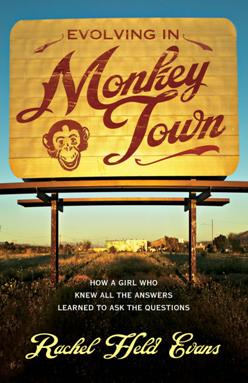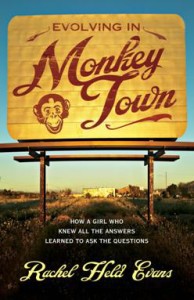Awhile ago, a friend introduced me to the Litany of Humility:
O Jesus! meek and humble of heart, Hear me.
From the desire of being esteemed,
Deliver me, Jesus.
From the desire of being loved…
From the desire of being extolled …
From the desire of being honored …
From the desire of being praised …
From the desire of being preferred to others…
From the desire of being consulted …
From the desire of being approved …
From the fear of being humiliated …
From the fear of being despised…
From the fear of suffering rebukes …
From the fear of being calumniated …
From the fear of being forgotten …
From the fear of being ridiculed …
From the fear of being wronged …
From the fear of being suspected …
That others may be loved more than I,
Jesus, grant me the grace to desire it.
That others may be esteemed more than I …
That, in the opinion of the world,
others may increase and I may decrease …
That others may be chosen and I set aside …
That others may be praised and I unnoticed …
That others may be preferred to me in everything…
That others may become holier than I, provided that I may become as holy as I should…
I knew about this prayer for years before I ever prayed it. I was a little bit afraid to pray it, frankly.
Because the thing about prayer is you might get what you ask for.
And if your prayer is the litany of humility, and you get what you ask for, it is scary (especially if you’re an American). Because “deliver me from the desire of being loved” implies, for example, that someone won’t love you, and God’ll let it be, so you can learn to be ok with that. You’ll have the opportunity not to be approved, so you can learn to be ok with that, too. It implies, for another example, that you’ll be calumniated (people will lie about you, in other words), so you can learn not to be afraid of being calumniated. It implies you’ll be forgotten, ridiculed and wronged, so you can learn not to be afraid of those things, either.
And we already know that we know that we know that we don’t need to desire or fear those things in the ways the world says we do. We already know where to go to get all we need.


